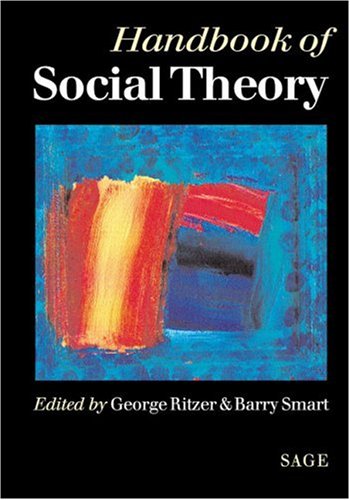

Most ebook files are in PDF format, so you can easily read them using various software such as Foxit Reader or directly on the Google Chrome browser.
Some ebook files are released by publishers in other formats such as .awz, .mobi, .epub, .fb2, etc. You may need to install specific software to read these formats on mobile/PC, such as Calibre.
Please read the tutorial at this link. https://ebooknice.com/page/post?id=faq
We offer FREE conversion to the popular formats you request; however, this may take some time. Therefore, right after payment, please email us, and we will try to provide the service as quickly as possible.
For some exceptional file formats or broken links (if any), please refrain from opening any disputes. Instead, email us first, and we will try to assist within a maximum of 6 hours.
EbookNice Team

Status:
Available5.0
15 reviewsThe volume is divided into three parts. The first part examines the classical tradition. Included here are critical discussions of Comte, Spencer, Marx, Durkheim, Weber, Simmel, Mead, Freud, Mannheim and classical feminist thought. This part conveys the classical tradition as a living resource in social theory, it demonstrates not only the critical significance of classical writings, but their continuing relevance.
The second part moves on to examine the terrain of contemporary social theory. The contributions discuss the significance and strengths and weaknesses of structural functionalism, recent Marxian theory, critical theory, symbolic interactionism, phenomenology, ethnomethodology, exchange theory, rational choice, contemporary feminism, multiculturalism, postmodernism, the thought of Foucault and Habermas, and figurational sociology. The reader gains a comprehensive and informed picture of the key issues and central figures of the day.
The final part ranges over the key debates in current social theory. Questions relating to positivism, metatheorizing, cultural studies, consumption, sexualities, the body, globalism, nationalism, socialism, knowledge societies, ethics and morality, as well as postsocial relations are fully discussed. The dilemmas and promise of contemporary social theory are revealed with pinpoint accuracy.
This is a benchmark volume for understanding the development, achievement and prospects for social theory. It will be required reading for scholars and students in sociology, social philosophy and cultural studies.